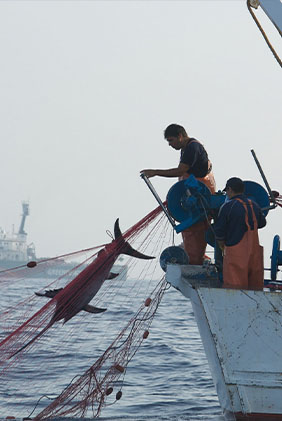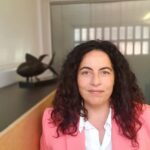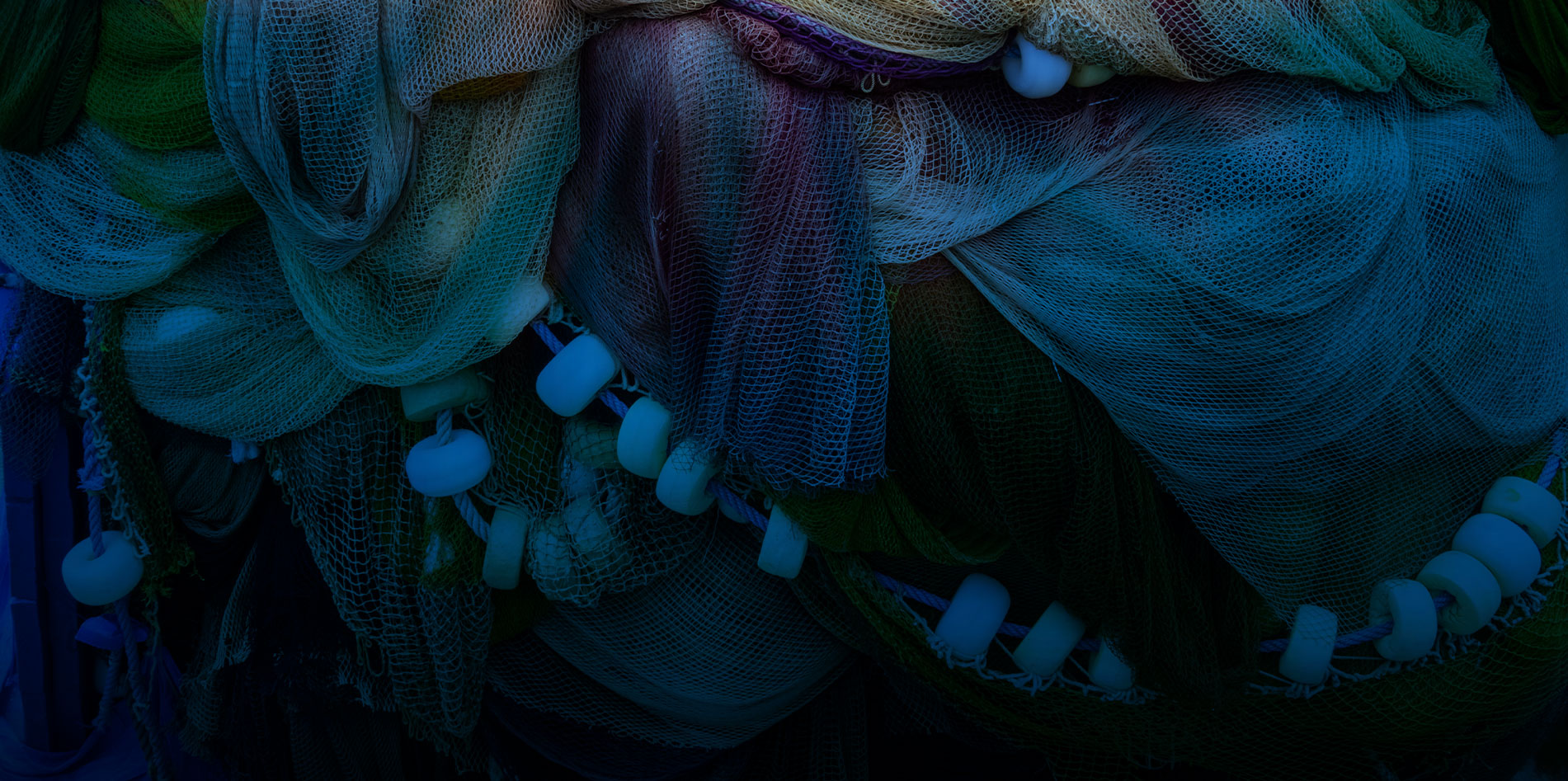
ANABAC
A code of best practice to promote techniques and equipment that minimise their impact on the marine ecosystem

Nekane Alzorriz
ANABAC scientific advisor
ANABAC
Since 2012, the fleet of the Asociación Nacional de Armadores de Buques Atuneros Congeladores (ANABAC) has been implementing a voluntary Code of Good Practices that promotes the use of fishing techniques and equipment that aim to improve the manoeuvres carried out in fishing and selectivity, minimising their impact on the ecosystem. A code whose implementation has been accompanied by countless projects such as collaborations with scientific and training institutions and with regulatory bodies themselves through participation in projects and the provision of data beyond those required.
“In addition, we participate in various Fishery Improvement Programmes (FIPs), creating synergies with other fleets and other associations, scientific work groups and public bodies to work together for the continued implementation of fishery management plans that allow for sustainable exploitation of tuna resources. These and other strategies have culminated in all our members obtaining MSC certification since 2021,” explains Nekane Alzorriz, Anabac’s scientific advisor.
What does the Marine Stewardship Council (MSC) seal mean for Anabac?
For our members, the blue seal is a reaffirmation of our commitment to the long-term sustainable development of our activity. Since the adoption of the Code of Good Practices, our companies and partners have been working to reduce their impact on the ecosystem as much as possible. As of today, all our partner companies and our entire fleet are in the process of MSC certification or recertification. In 2018, our member company Echebastar was the first purse seine company to achieve MSC certification including all its modalities (both bycatch and fish aggregating devices [FADs]); and since 2021, Atunsa and Pevasa have also reaffirmed their commitment to sustainability with this certification in the Atlantic Ocean, making ANABAC the first European association to achieve MSC certification. Undertaking a process as complex and demanding as MSC certification is, for our members, an exercise in transparency of our management and our production. In the present and in the future, our firm commitment is to demonstrate, with this prestigious environmental certification, our commitment to responsible and sustainable fishing that guarantees the continuity of the resource for future generations.
How can tradition and technology coexist to strengthen the Basque fishing industry and at the same time make it sustainable?
Our industry has incorporated technology into tradition, applying and relying on science to do so. Continuous technological evolution has enabled our activity to provide scientific institutions with very valuable information to assess the state of resources. Likewise, also based on science, our Code of Good Practices receives validation and counsel from AZTI.
«The blue label is a reaffirmation of our commitment to the long-term sustainable development of our business»
By combining the traditional wisdom of our fishermen and encouraging their continuous training in new technologies, tools and techniques, we have been gradually developing sustainable and efficient fishing practices.
What projects are you currently involved in?
We are continuously incorporating good practices into our Code to continue mitigating and reducing our impact on the environment as much as possible. In our activity, we may unintentionally interact with sensitive ecosystems or species; and to minimise our impacts we need to know and study them. At ANABAC we are involved in various projects such as the replacement of traditional materials used in the construction of FADs with biodegradable materials and so reduce possible marine pollution; tagging sensitive species to know their survival rate after their release and the study of their behaviour in the habitat; net recycling projects; recovery of FADs or the impact they may have if they reach more sensitive marine areas, among other projects.
The way to the future
What is the future of purse seine fishing?
It is clear to us that the future of our sector and that of our member companies lies in guaranteeing responsible and sustainable fishing in handling oceans and their resources. All of this, while offering safe working conditions and respect for the social and labour rights of our crews. Purse seine fishing is one of the most selective fishing techniques, with the lowest carbon footprint and the highest levels of control, as all transhipment operations are carried out in port, under the control of the authorities. Basque purse seine fishing is a worldwide example of how things should be done and continues to be a world reference in responsible and sustainable fishing. We are therefore confident that the purse seine fishing, which has been operating for more than 60 years from Bermeo, will continue for many years to come.
What are the association’s challenges for the coming years?
We find ourselves in a highly regulated sector, with a very changing legislative framework and increasingly expensive access to the resource. Remaining at the forefront of preserving the environmental and social sustainability of our business with the stiff competition from other fleets that do not have our standards makes ensuring long-term profitability a major challenge. Our member companies will continue to evolve to adapt to new challenges, but it is vital that sustainability is a common goal for all the agents involved in this fishing activity so that we can preserve the resource in the long term. In this respect, the greatest challenge is to achieve a “level playing field”, in other words, the uniform application of the established rules to all fleets, something which, unfortunately, is not currently happening. Another key challenge is for our European institutions and political leaders to give strong support to a sector that creates jobs, helps to stabilise the areas where we operate and serves as a framework for strategic action in third countries. Finally, we would like to highlight the challenge of generational change and the incorporation of women in fishing.



